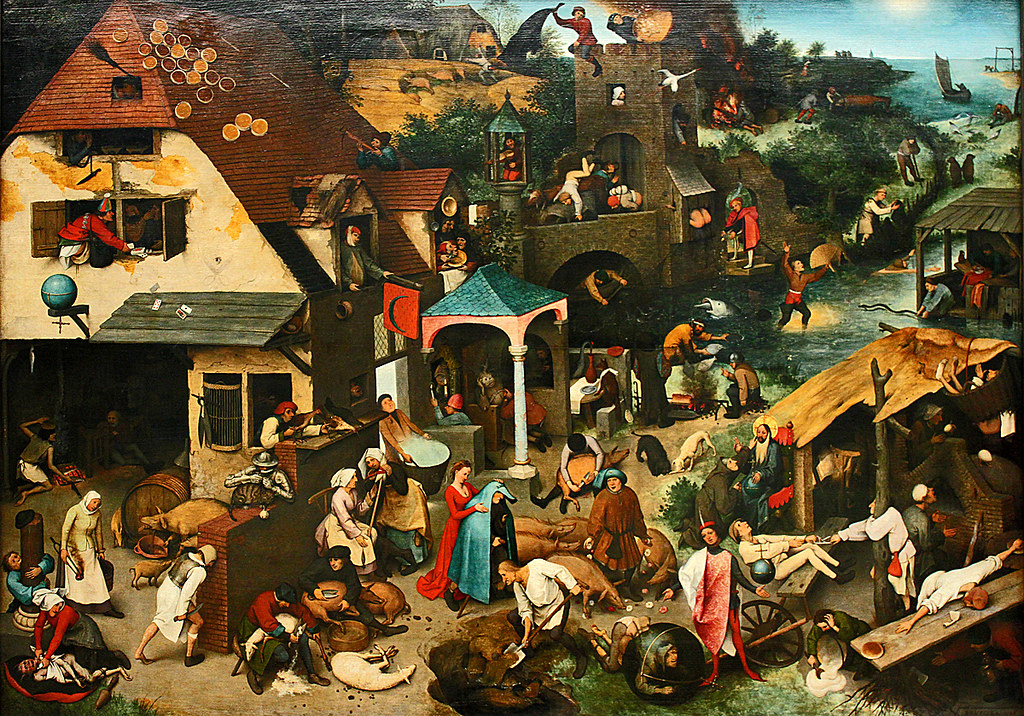Toward a Pragmatist Account of Human Practices
DOI:
https://doi.org/10.54103/2239-5474/18856Keywords:
Classic; intelligence (creative and conscripted); James, William; language; practice; traditionAbstract
This paper focuses on a curious lacuna in the pragmatist tradition. In the writings of the classical American pragmatists (Peirce, James, Dewey, Mead, and Lewis) very little attention is given to articulating a conception of practices and, more broadly, of pragmata. The author offers a sketch of what he takes to be a pragmatist account of human practices. He stresses how for the pragmatists themselves theory is a practice or, more precisely, an extended family of evolving practices complexly related to other practices. Moreover, he takes such an account of practices to be fundamentally at odds with various attempts to provide a transcendental justification for any human practice. He draws upon a brief yet suggestive discussion in William James's Pragmatism of language, law, and truth and develops the implications of James's treatment of these topics. In the course of doing so, he proposes how a classic work (such as a philosophical text or musical composition) can be understood from a strictly historicist perspective. He concludes with a reflection on the extent to which creative intelligence has been conscripted by the bellicose agenda of national or imperialistic regimes, yet holds out the hope of creative intelligence freeing itself to some extent from the war machine of nation states.
Downloads
Published
Issue
Section
License
Copyright (c) 2022 Nóema

This work is licensed under a Creative Commons Attribution 3.0 Unported License.
- Authors retain copyright and grant the journal right of first publication with the work simultaneously licensed under a Creative Commons Attribution License that allows others to share the work with an acknowledgement of the work's authorship and initial publication in this journal.
- Authors are able to enter into separate, additional contractual arrangements for the non-exclusive distribution of the journal's published version of the work (e.g., post it to an institutional repository or publish it in a book), with an acknowledgement of its initial publication in this journal.
- Authors are permitted and encouraged to post their work online (e.g., in institutional repositories or on their website) prior to and during the submission process, as it can lead to productive exchanges, as well as earlier and greater citation of published work (See The Effect of Open Access).



